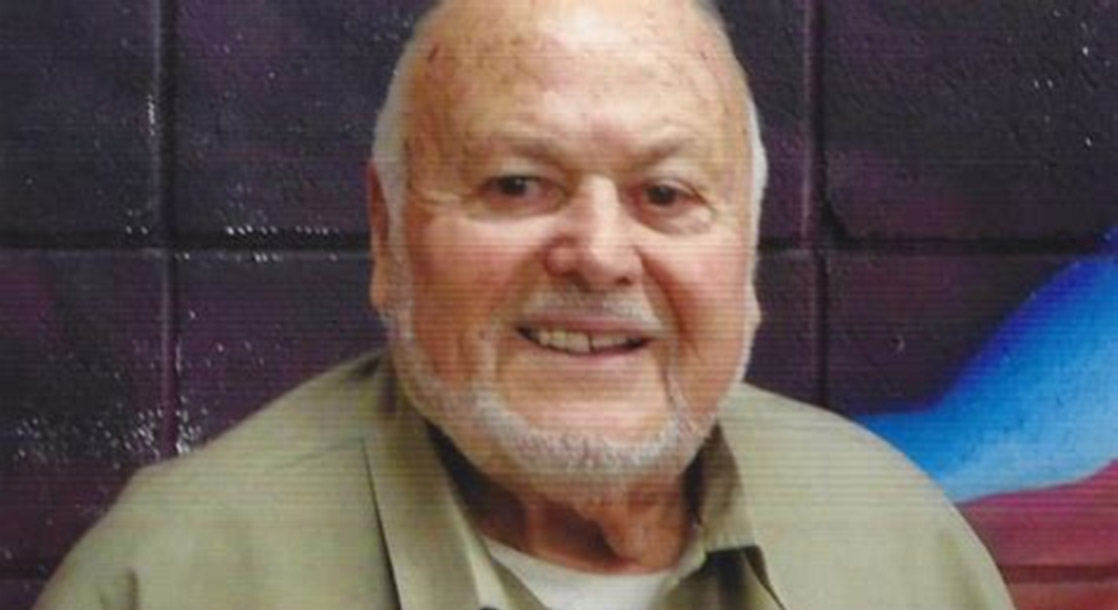Under current law, Horacio Estrada-Elias wouldn’t be serving a life sentence for a non-violent drug trafficking charge at all. But the chronically-ill 90-year-old who was handed down his punishment in a different time got justice on Tuesday, when a judge granted him compassionate release after appeal, CNN reports.
Estrada-Elias was sentenced to life in prison in April 2008 for conspiracy to traffic tens of thousands of pounds of marijuana. Though he pled guilty to the charge, the judge in the case — the same official who just handed down his compassionate release — was required to sentence him to life because Estrada-Elias had other drug-related convictions on his record.
That mandatory minimum was taken off the books in 2018. Estrada-Elias’ fate, however, was unaffected — retroactive cases weren’t taken into account when the policy was changed.
In April 2020, a doctor found that the incarcerated man had less than 18 months to live, due to a cocktail of serious health conditions that were surely not made any better when Estrada-Elias came down with the COVID-19 virus in prison. (United States prisons have proven to be pretty awful at protecting inmates during the pandemic.)
Even so, federal judge Danny Reeves denied the man’s compassionate release request in July, a procedure that indicates “when circumstances emerge that make continued imprisonment unjustifiable,” states the Families Against Mandatory Minimums non-profit. An appeals court found that Reeves’ decision had “abused discretion,” and when the case was sent back to the judge, he reversed his thinking on the matter.
Estrada-Elias’ daughter told CNN that “something softened [the judge’s] heart.”
That’s wonderful for their family, but the sad fact is that compassionate releases are often a game of chance.
“It appears to depend not on the gravity of your medical condition or the type of extraordinary and compelling circumstances that will dictate whether you’re released,” said Alison Guernsey, a University of Iowa law professor who specializes in compassionate release, “But almost a fluke of geography.” Certain districts authorize far more compassionate releases than others, according to the US Sentencing Commission.
Even as cannabis appears to be on track to become a $100 billion industry by 2030, there are many people who will be spending this holiday season in prison for convictions related to the drug. Numbers are horribly fuzzy when it comes to exact numbers of US residents in jail for marijuana — often, prison population statistics take some seven years to come out. Many drug reform advocates toss around the number 40,000 as the total of people serving time for cannabis.
One would be too many.
If you’re looking to learn more about Estrada-Elias’ story, check out the in-depth piece CNN published on his case in September. Or if you prefer to fill your holiday season with other stories of pot prisoners being released from draconian sentences, head to this story of a Missouri man who served 11 years for possession of a pound, this story of an aborted life sentence for two baggies, or this story of an individual who served 30 years after being set up by Florida cops.
Here’s to a 2022 with many more headlines like these.
Follow Caitlin on Instagram











